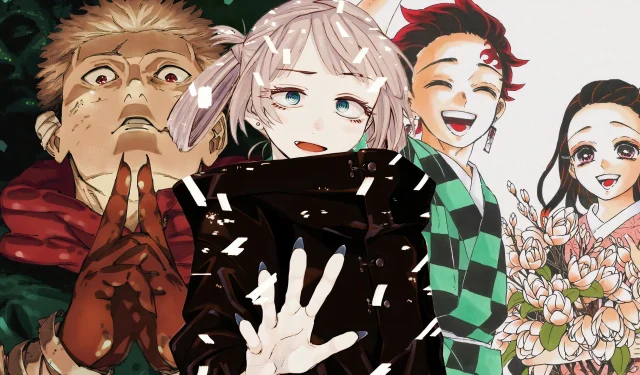
Concluding a long-running narrative presents unique challenges, and the world of manga is no exception. While some series face abrupt cancellations, others that are allowed to end naturally sometimes fail to adequately tie up their various plot threads. This inconsistency can lead to endings that frustrate readers to the point of feeling their investment was ultimately wasted.
Finding a manga that delivers a satisfying conclusion is a rarity, and this issue has become increasingly prominent in the 2020s. Major titles like Attack on Titan, My Hero Academia, Jujutsu Kaisen, and Oshi no Ko have all concluded recently, and the backlash to these endings has reignited the ongoing debate regarding the quality of manga conclusions. The discussions often include exaggerated opinions and a variety of criticisms, making now an ideal time to dissect these issues.
Why Some Of The Most Recent Manga Endings Are So Contentious
The Worst Manga Endings Of The 2020s


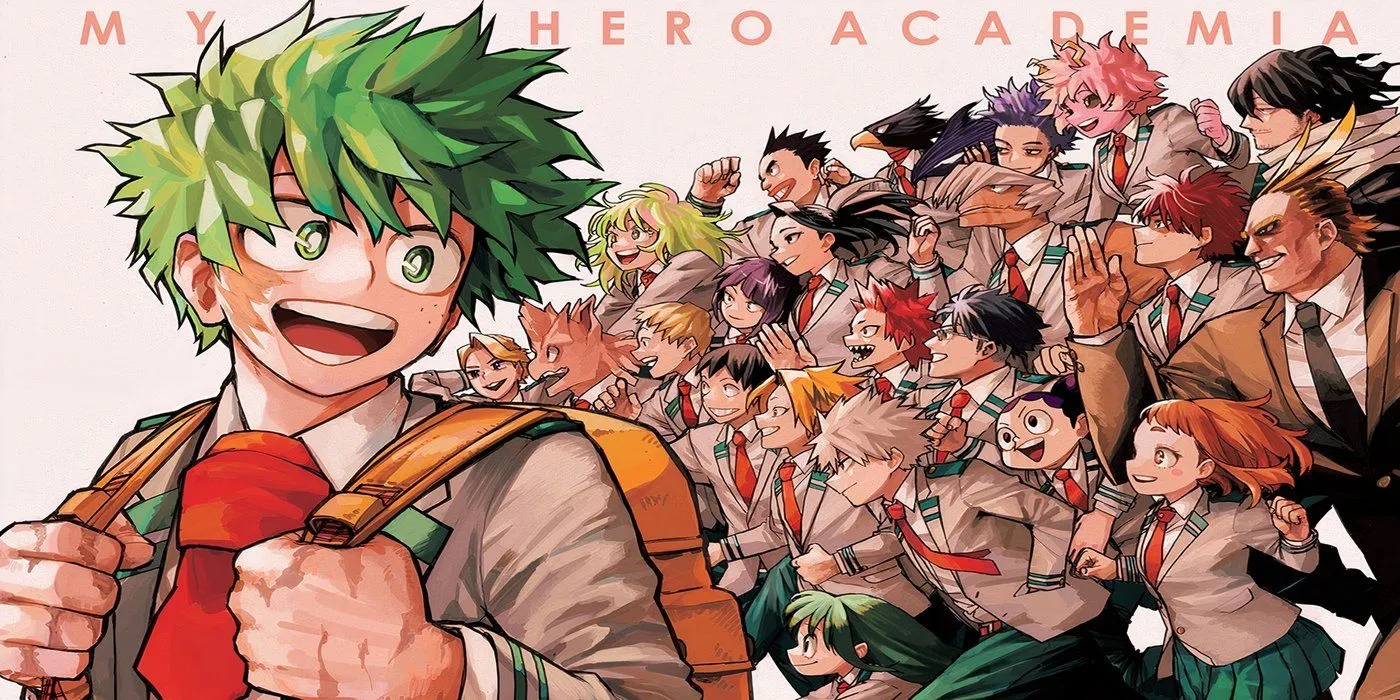

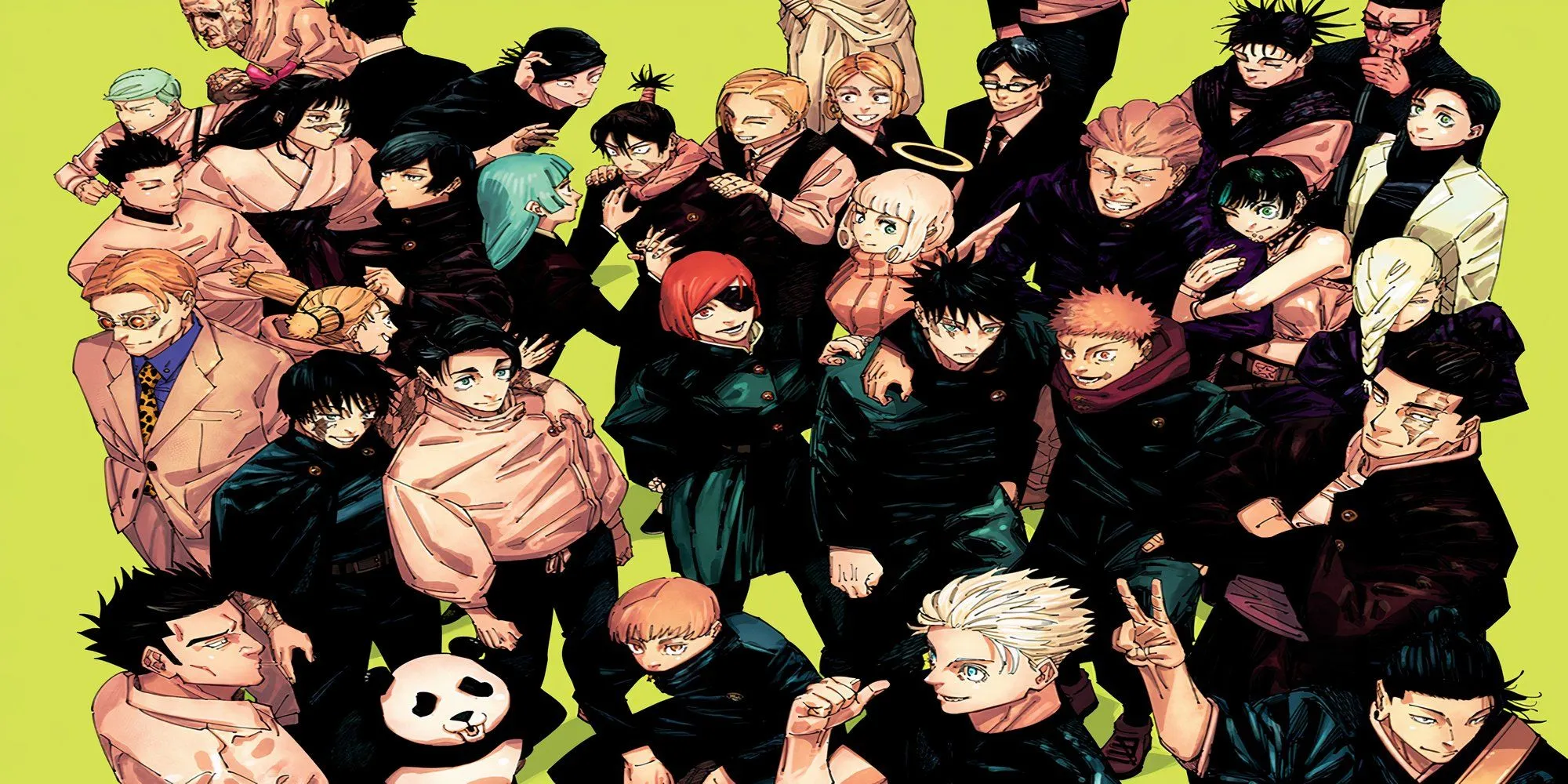
One notable challenge with recent manga endings is their tendency to amplify declines in narrative quality. Just as with any long-term storytelling medium, many manga experience a downturn in quality over time. Unfortunately, when their endings fail to rectify these issues and may even exacerbate them, it leaves fans with a sour taste. Series such as Tokyo Revengers, The Promised Neverland, and Domestic Girlfriend illustrate this trend, concluding after years of diminishing quality.
Conversely, there are instances where a manga maintains strong pacing and finishes strong but is undone by a single disappointing element in its conclusion. Readers might feel their investment was in vain. Prime examples include Platinum End, Attack on Titan, and Oshi no Ko, all of which suffered from pivotal decisions that tainted their final chapters, leading to widespread disappointment among the fanbase.
Are Some Of The 2020s’ Most Hated Manga Endings As Bad As People Say?
Why Some Manga Endings Deserve Better Criticism

The outcry surrounding numerous manga endings from the 2020s has prompted scrutiny regarding the validity of these critiques. While there are justified criticisms, many seem disingenuous when they focus on inconsequential elements or reflect personal preferences rather than objective evaluation. In particular, critiques centered around shipping often overshadow the actual narrative quality. This dissonance can lead to an inflated perception of an ending’s perceived quality.
Additionally, the complexities behind manga production should be acknowledged. Many authors face the pressure of completing their narratives under tight deadlines caused by health issues and schedule constraints. In some cases, a manga might have thrived for years only to hastily wrap up due to unforeseen circumstances. This situation provides context that allows for a measured perspective on endings like those of My Hero Academia and Jujutsu Kaisen, which deserves some understanding given the pressures faced by their creators.
Which Manga Had The Best Endings In The 2020s?
The Best Manga Endings In Recent Years




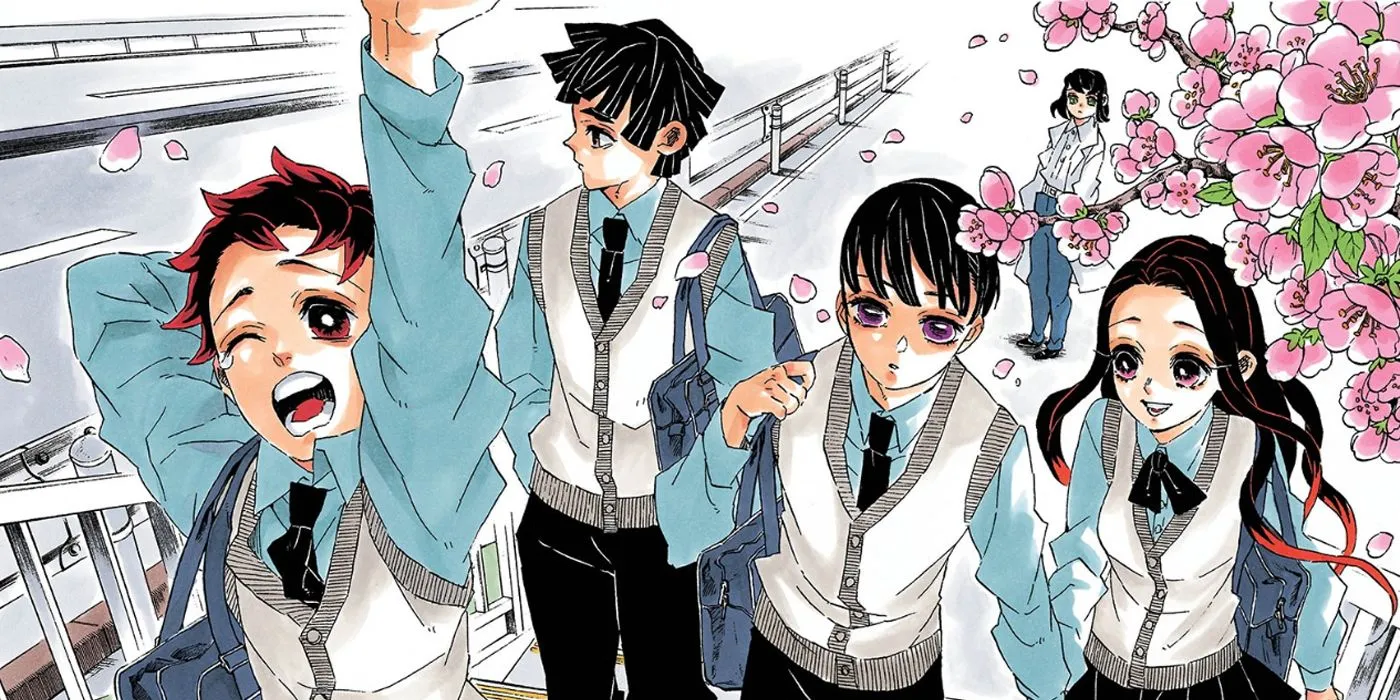
Despite the wave of criticism surrounding various endings, numerous manga in the 2020s have concluded brilliantly, often due to strong writing. For instance, Call of the Night and Ayakashi Triangle presented satisfying, albeit open-ended, conclusions that effectively wrapped up their primary arcs without overstaying their welcome.
Furthermore, series like Haikyu!!, which sustained a high level of engagement throughout their narratives, also provided satisfying conclusions. These successful endings reaffirm that quality storytelling remains attainable, even amid disappointing conclusions in other series.
Nevertheless, one ending that stands out for its impact is Demon Slayer: Kimetsu no Yaiba. Despite facing issues of pacing and closure, the emotional weight and sincerity within its narrative elevated the ending beyond the shortcomings seen in other series. It serves as a reminder that even average conclusions can resonate when accompanied by a heartfelt narrative. Demon Slayer’s conclusion exemplifies the need for genuine storytelling, even when structured endings exhibit flaws.
The Issues People Have With Modern Manga Endings Are Nothing New For The Community
Manga Fans Have Been Hating Endings For Years
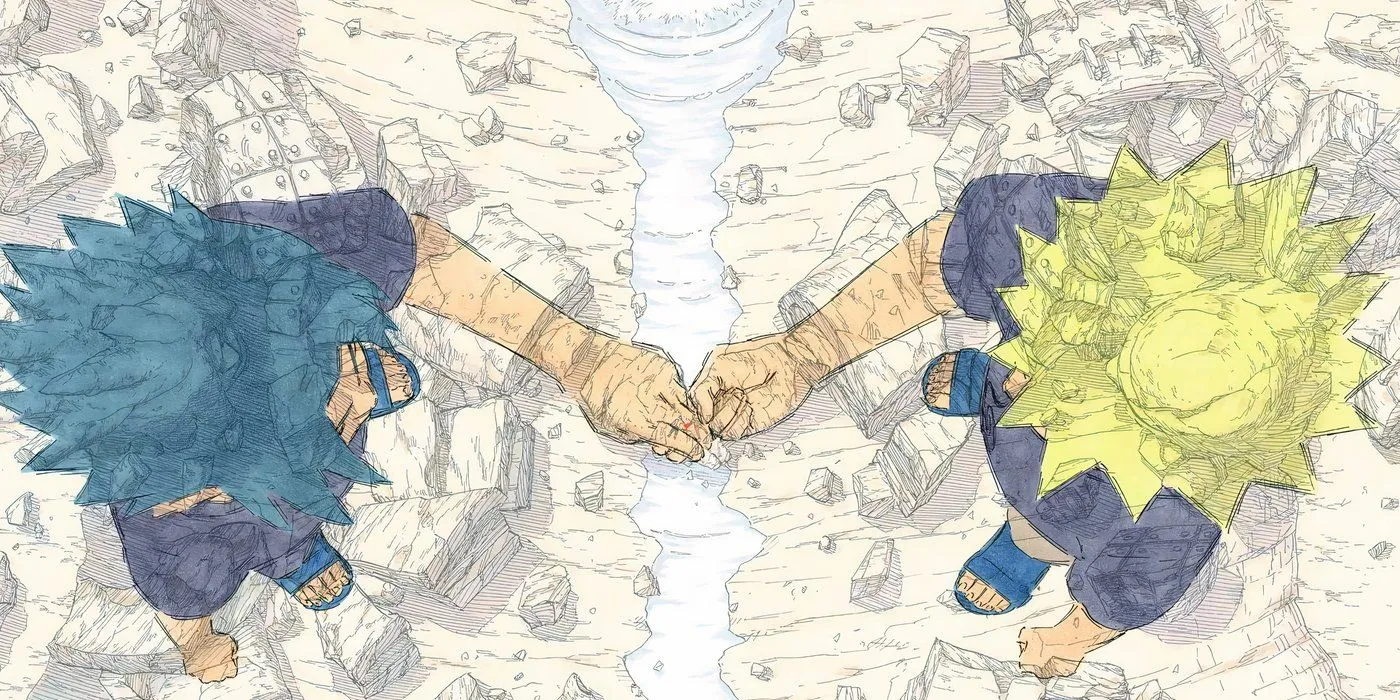
The discontent surrounding modern manga endings is certainly valid, yet it is not a novel occurrence within the manga community. Classic series such as Naruto, Bleach, and Fairy Tail have long faced similar critiques for their conclusions. Additionally, even vintage titles that debuted over 30 years ago, like Ranma ½ and Fist of the North Star, have been scrutinized for their unsatisfactory endings despite their overall quality. The concerns about recent manga conclusions echo long-standing sentiments, with the primary distinction being the amplified visibility facilitated by social media.
While subpar endings may have persisted over the decades, recent years have produced a mix of excellent and disappointing conclusions. This trend suggests hope for the future; the presence of quality endings amid a sea of dissatisfaction promises that manga fans can still anticipate well-crafted conclusions in the coming years. Though challenges lie ahead, the promise of remarkable storytelling remains a bright spot for the manga community.




Leave a Reply